I am new to electronics and from what I understand, most protoboards seem to be standardized on a 2.54mm (0.1") pin pitch. I am also aware that there are through-hole components which are manufactured at a 2.5mm pin pitch, namely JST connectors.
Note:
Connector confusion on the internet:
In recent years, it is preferred to use millimeter (mm) instead of inches for pin-to-pin pitch distance. Note: Some 2.50 mm parts are incorrectly sold on the internet as 2.54 mm (0.100 in), and the 1.25 mm parts as 1.27 mm (0.050 in).
I have some JST-XH connectors which fit just fine in a protoboard advertised as having 2.54" pitch spacing and does not feel tight at all; tested on a connector with 8 pins to maximize error.
Should I take any special precaution when mixing 2.5mm specced parts on 2.54mm protoboards or should I expect them all to fit as my JST connector does?
